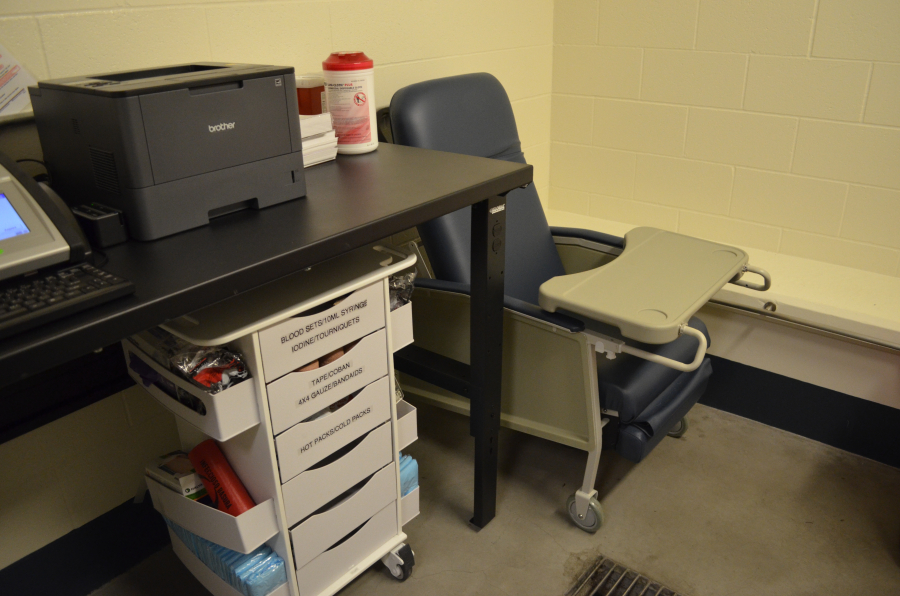The Washougal Police Department hopes a new pilot program will reduce traffic-related fatalities.
Washougal police and deputies from the Clark County Sheriff’s Office have partnered with Clark County Target Zero and the Washington Traffic Safety Commission to allow quicker blood draws of people suspected of driving under the influence of drugs or alcohol.
Both local law enforcement agencies have set aside rooms in their facilities for officers and deputies to draw blood.
“We understand how much of a need there is for this,” said Zane Freschette, acting commander of the Washougal Police Department. “We have done research, and we don’t see a downside to it. This seems like a no-brainer from our perspective.”
The state’s traffic safety commission is funding the program, which is currently being staffed by Washougal police officer Ashley Goulding and four Clark County Sheriff’s deputies.
Freschette said Washougal hopes to have more officers trained for the program in the near future.




